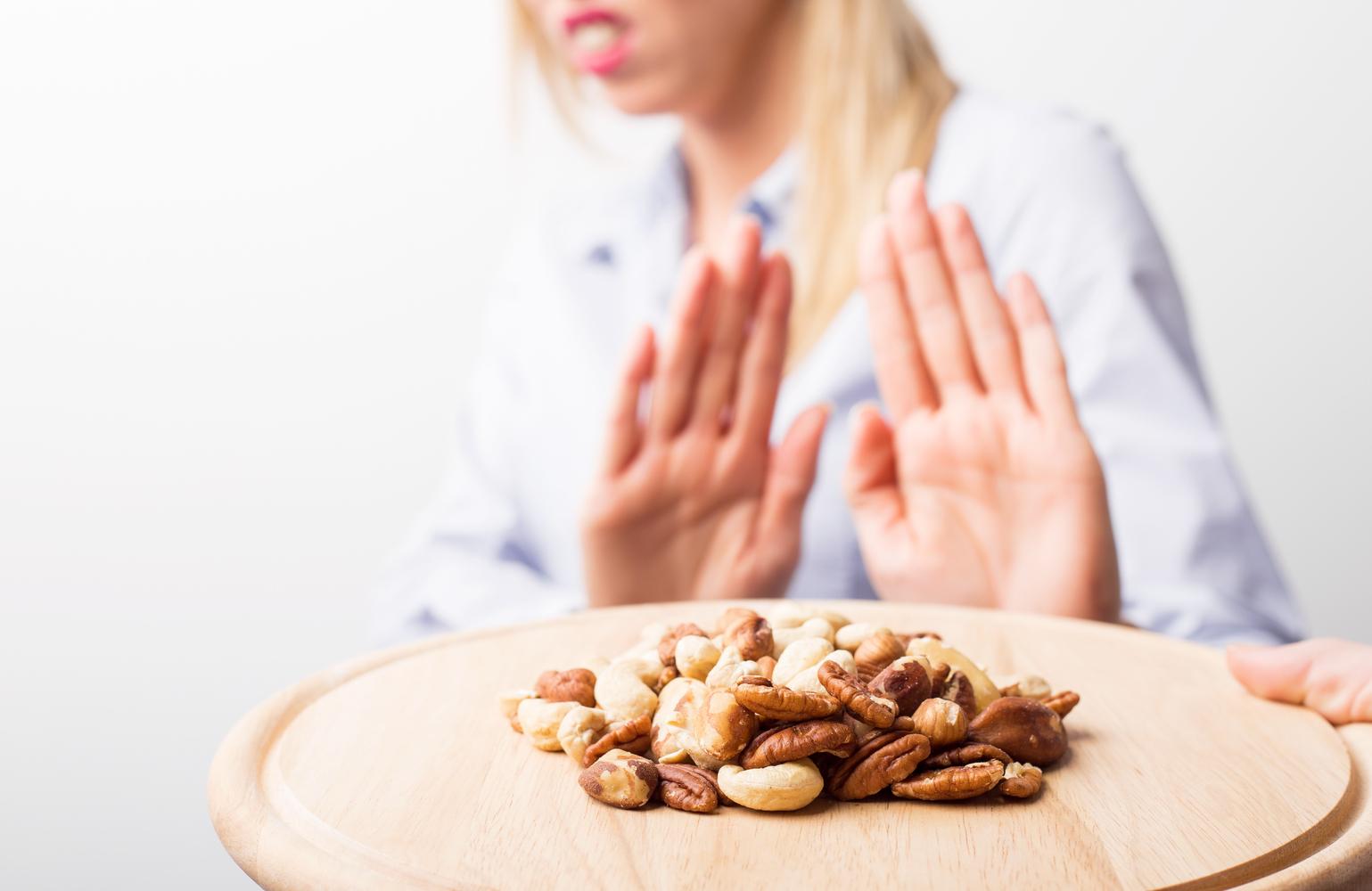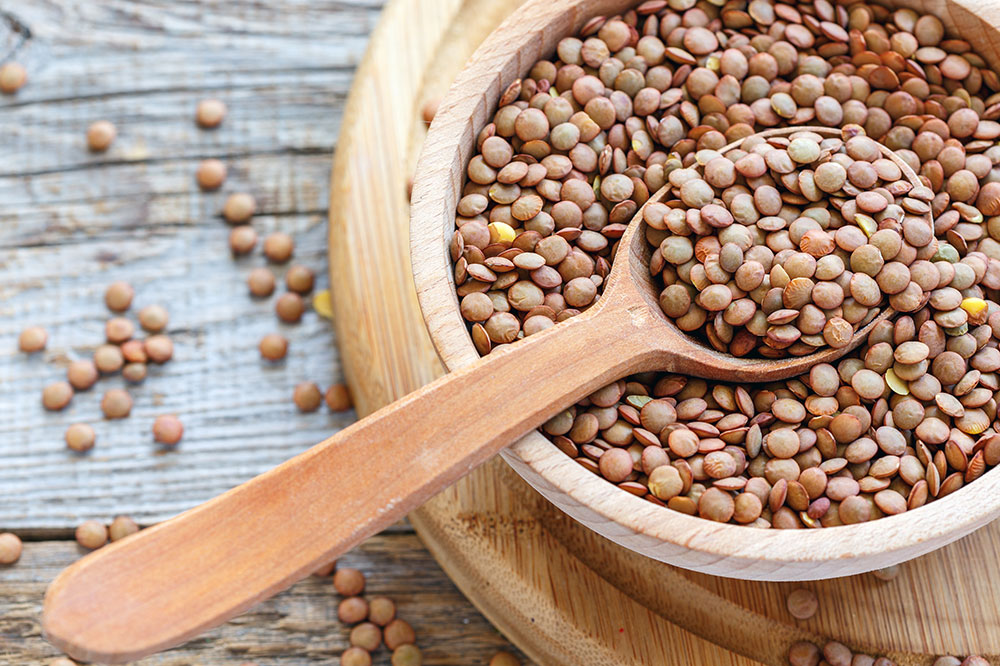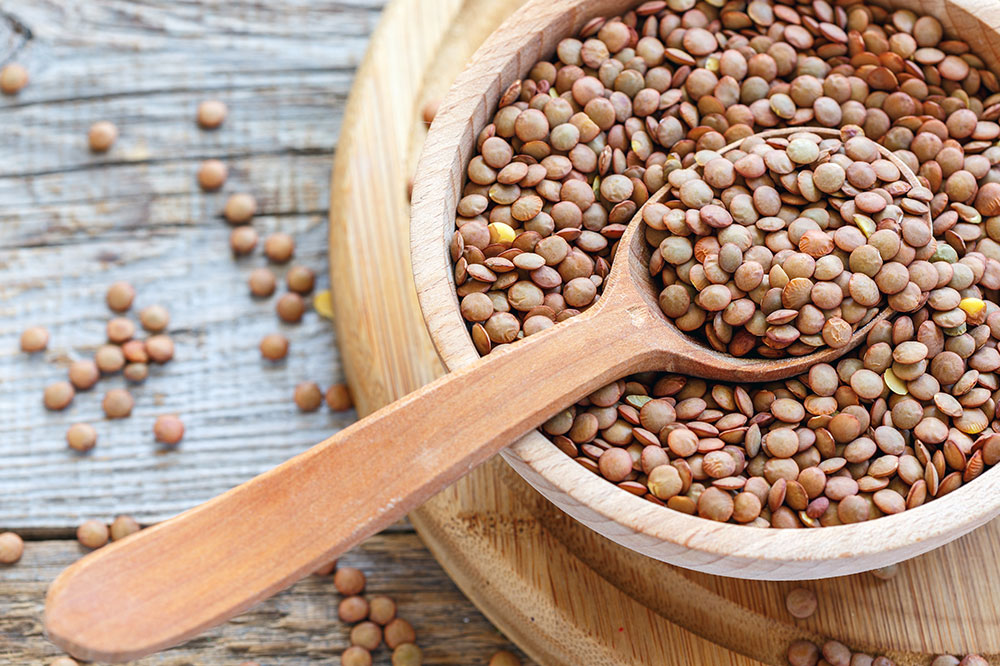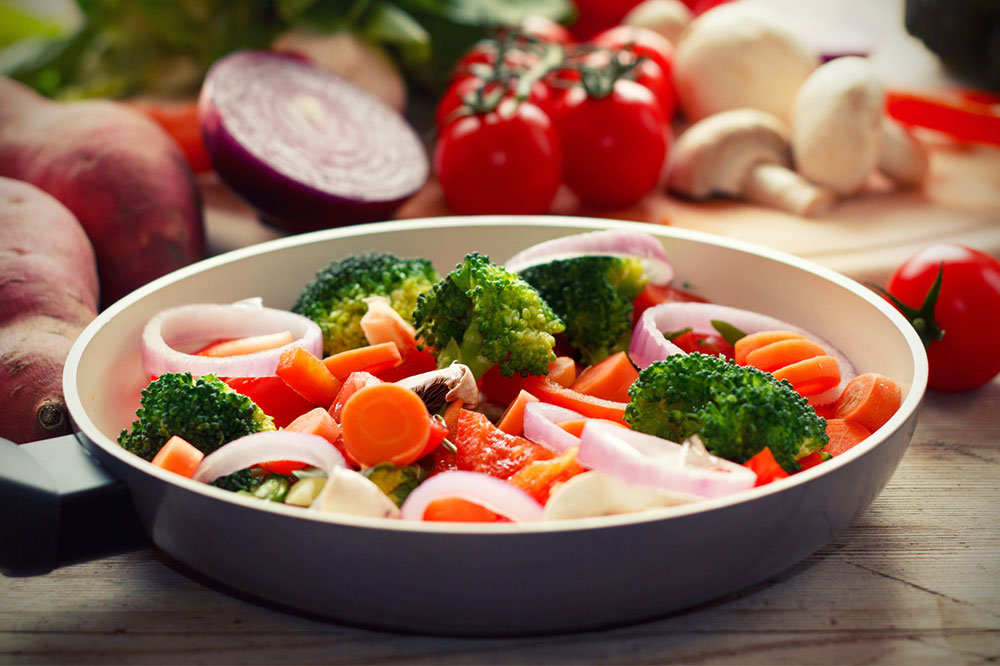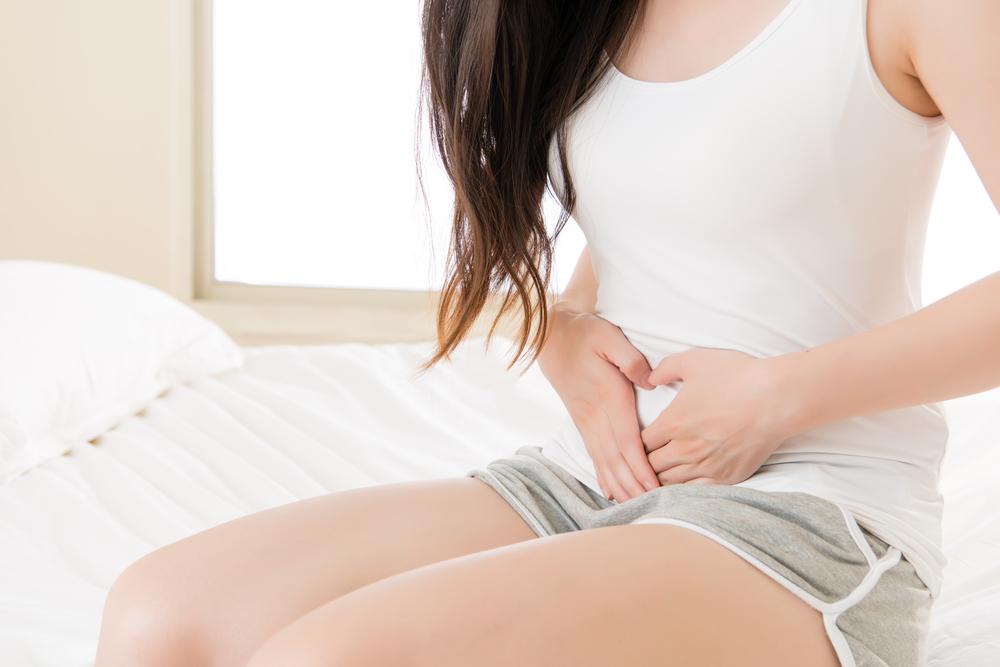Essential Guide to Bladder Health: Nutrition and Management Tools
Discover comprehensive strategies for maintaining bladder health through proper nutrition and effective incontinence management products. Learn which foods support bladder function and the various aids available, including pads, underwear, and medications, to improve quality of life and control symptoms. This guide offers practical tips to help manage incontinence and promote urinary health safely and effectively.
Sponsored
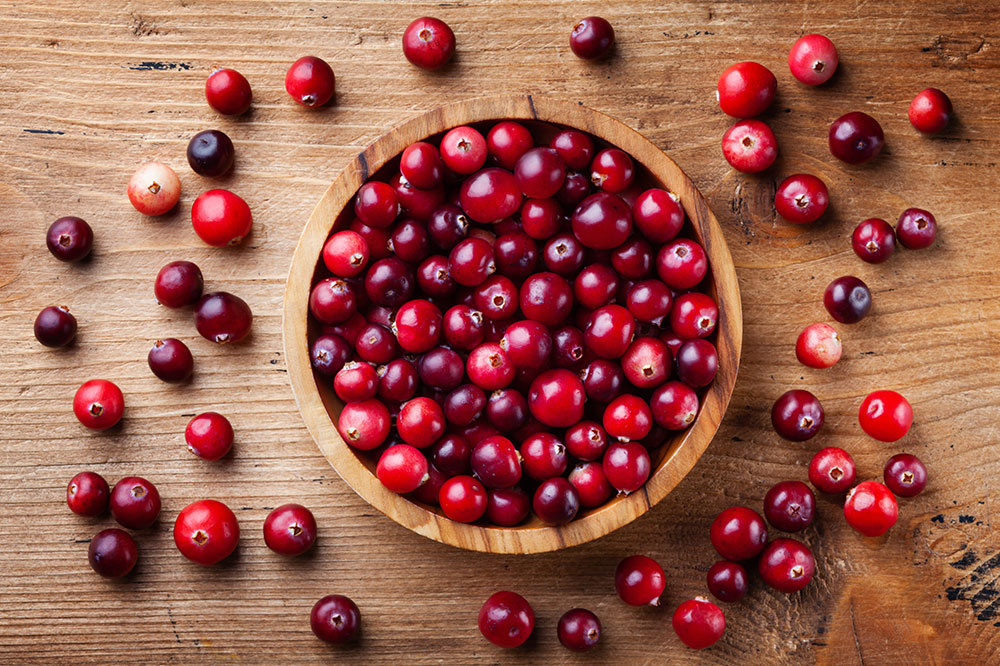
Maintaining Bladder Wellness: Dietary Tips and Incontinence Solutions
Bladder incontinence, a condition where holding urine becomes challenging, can significantly impact daily life and emotional well-being. Many individuals avoid outdoor activities due to frequent restroom needs. Fortunately, specific dietary choices and products can help alleviate symptoms. Let’s explore effective foods and management options.
Dietary Recommendations
Foods Rich in Vitamin C
Studies by the National Association for Continence suggest that consuming moderately vitamin C-rich foods from less acidic sources supports bladder health. Avoid excessive citrus and highly acidic fruits, which may increase urination urges. Favor fruits like pears, blueberries, and vegetables such as broccoli, Brussels sprouts, or white potatoes.
Magnesium-Loaded Foods
Including bananas, dark leafy greens, quinoa, nuts, and avocados in your diet supplies magnesium, which helps relax bladder muscles and reduce spasms. Enhanced magnesium intake may ease overactive bladder symptoms.
Stay Hydrated with Water
Contrary to intuition, adequate hydration prevents dehydration and keeps urinary health in check. Drink water in small, steady sips rather than large gulps, and avoid caffeine to maintain bladder comfort. Proper hydration also minimizes risks of urinary tract infections.
High-Fiber Diets
A fiber-rich diet, including whole grains, rice, oats, and colorful vegetables, promotes healthy digestion and reduces pressure on the bladder caused by constipation, supporting better urinary control.
Foods and Drinks to Limit or Avoid
Alcohol
Alcohol acts as a diuretic, increasing urine production and urgency. It can also lead to dehydration, so limiting or avoiding alcohol, including beer, is advisable for those with bladder concerns.
Caffeine
Caffeinated beverages like coffee, tea, and soda may stimulate urination and worsen symptoms. Reducing caffeine intake can help manage bladder issues more effectively.
Incontinence Management Products
Absorbent Pads
Disposable pads with adhesive strips can absorb significant urine volume while keeping skin dry and odor-free. Suitable for both men and women, they are convenient for daily use.
Incontinence Underwear and Briefs
Reusables with built-in waterproof liners and absorbent pads, these underwear come in various designs for day or night, offering comfort, odor control, and higher urine capacity.
Pessaries
Vaginal inserts that compress the urethra to prevent leakage, requiring guidance from a healthcare professional to find the right fit. They offer discreet support for bladder control.
Penile Clamps
For mild to moderate leakage, penile clamps apply gentle pressure to keep the urethra closed. They should be used cautiously and for limited durations.
Consult your healthcare provider to determine the most suitable product based on your symptoms and leakage frequency.
Medications like GEMTESA are also prescribed to control overactive bladder symptoms. This once-daily pill can be taken with or without food, and dosage adjustments are possible under medical supervision. The GEMTESA Savings Program provides cost support for eligible patients.
Similarly, MYRBETRIQ is an FDA-approved medication to manage urinary incontinence and overactive bladder. Typically prescribed as one 25 mg tablet daily, it can be increased to 50 mg if necessary, under medical advice.

